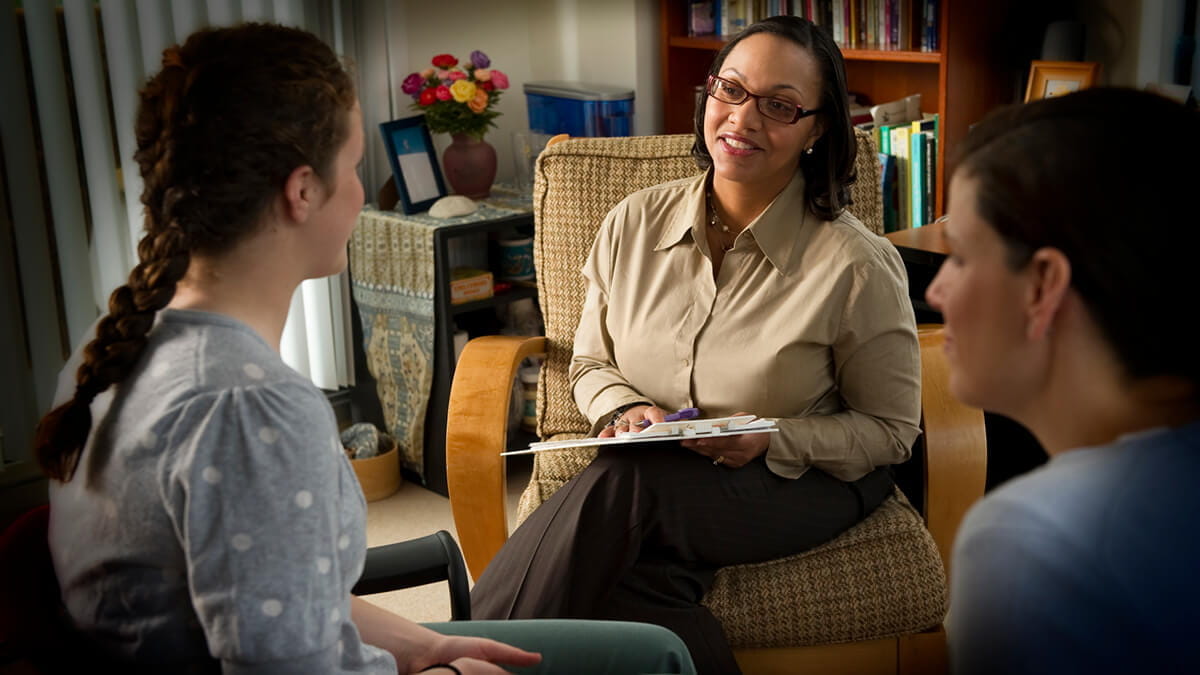According to the National Association of Social Workers (NASW), social workers help people in resolving the complex challenges that confront them on a wide array of issues in our community. These challenges can range from poverty and discrimination to the difficulties posed by physical or mental illness.
Professional social workers are highly trained professionals who have the educational credentials and demonstrated skill sets to help people meet their needs through advocacy and psychosocial services. For those who aspire to become a licensed social worker, most states will require you to hold a Master of Social Work (MSW) that has been accredited by The Council on Social Work Education (CSWE). CSWE accreditation indicates academic excellence with your MSW program. With a bachelor’s, you can practice in the field and assist with similar problems, but you will not be able to become a licensed social worker.
Master of Social Work (MSW)
The master’s is typically a two-year postgraduate degree program if the candidate is enrolled full time. In addition to coursework, MSW candidates must complete fieldwork under the auspices of an approved social agency.
Field Experience—In addition to the educational requirements of the degree, Master of Social Work candidates are responsible for performing at least 900 hours of supervised fieldwork. Some programs may require more hours. As might be expected in a profession that is tasked with solving society’s issues, there are many avenues of service in which to gain your field experience. For instance, some students choose to work directly with individuals and families at the community level, whereas others prefer to make a difference through involvement in the organization, management, planning, and direction of larger social policy.
Areas of Concentration—Master’s candidates also can select an area of concentration. These areas are designed to spotlight specific societal ills such as mental health, aging, child welfare, corrections issues, healthcare, and educational and employee assistance. Students often will base their selection on their desired ultimate career path and follow a curriculum that augments their primary interest.
Although master’s programs generally take two years to complete if enrolled full time, some students take longer if they are already working a full-time job and pursue their degree part time. Many universities offer flexible schedules, online classes, and part-time attendance that can extend the experience to meet the needs of the students.
Doctor of Social Work (DSW)
Most doctoral candidates for the DSW and PhD have already garnered significant work experience after achieving their MSW and may see a doctorate as a way to gain access to different paths in the field. Many doctoral graduates transition into full-time research and teaching positions at colleges and universities. Other DSW and PhD graduates are clinical practitioners who may leverage their education to serve as program directors, policy analysts, and evaluators.
Social work is a rewarding field and an ideal career choice for anyone who feels strongly about the need to right society’s wrongs and have a lasting, meaningful impact on society. The MSW degree, in addition to being the entry-level requirement for licensed social workers, provides an ideal platform from which to engage in advanced doctoral studies in social work.
Are you ready to pursue a career in social work? Explore how Walden's CSWE-accredited MSW or DSW programs can help you meet your career goals.




